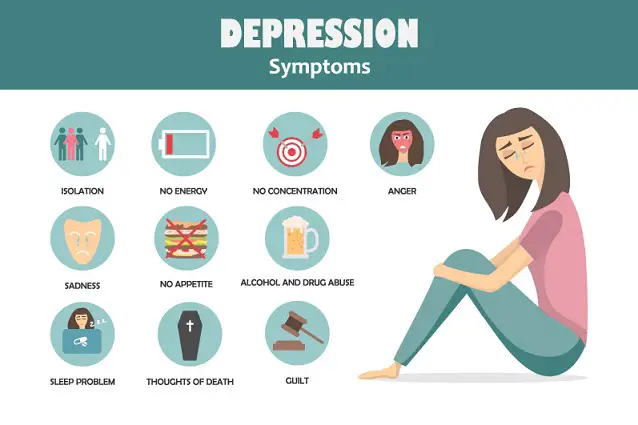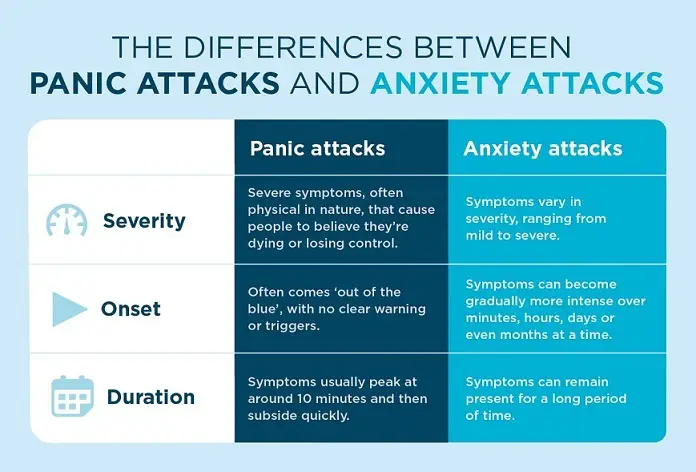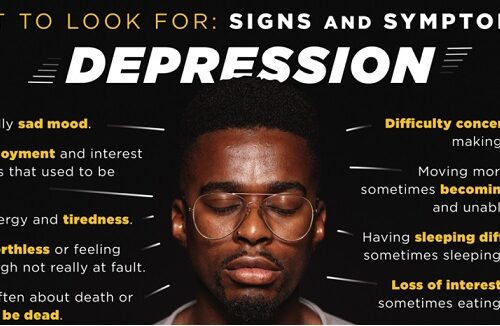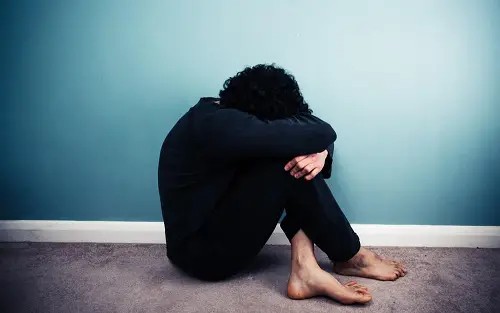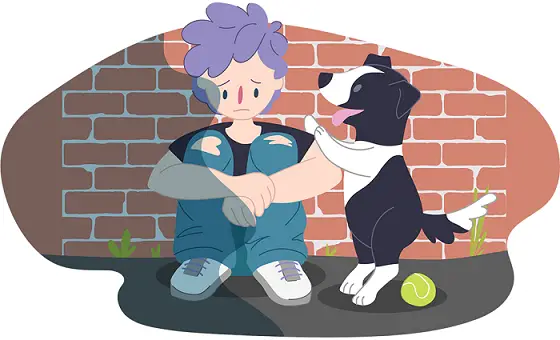
All About Depression
All About Depression
Chapter 1: What is Depression?
We all felt sad at a particular time in our lives. We lost our jobs. We lost someone we loved. Or something more tragic happened in our life. It is very ‘normal’ to feel sad or depressed regarding life’s struggles, and it is our brain’s natural response to these situations. It shows that your mind is healthy and it is working fine. But what if the tragic circumstances are gone, or the feelings haven’t gone away not too long ago? It could be depression.
Feeling sad or depressed can be a normal response to life’s struggles, loss, or wounded self-esteem. It’s our brain ‘telling us that something is wrong. But if the brain ‘keeps telling’ that something is wrong, objectively not, it could be clinical depression—a very serious but treatable medical condition.
Briefly explain what depression is in one sentence:
Feelings of intense sadness, hopelessness, worthlessness, or helplessness persist for more than days, weeks, or months.
About 5 out of 100 adults have depression annually. Sometimes it will just last a couple of weeks. However, 1 in 4 women and 1 in 10 men will have an episode of depression severe enough to require treatment.
Two types of depression:
1.) Major depression
This type of depression does not last long. It will only stay for a week or two. Image from Flickr by Anne Lee
You will feel terrible or sad a couple of times, but it goes away after a few weeks. Symptoms of major depression are: loss of interest in life, feeling guilty for no specific reason, suicidal thoughts, weight loss or gain, sleeping less or being too tired, or trouble concentrating. This also happens with low self-esteem, with people with low self-esteem being at greater risk of getting major depression.
2.) Persistent depressive disorder (or dysthymia)
Its symptoms are similar to those of major depression, but the person experiences it for two years or more. Image from Flicker by Brian
This is the more permanent version of major depression. It is very difficult for a person to report this type of depression because the symptoms have become strong habits, and the person begins to think that “they were always like this.” Also, it is more difficult for the people around the person to identify if the person has this type of depression. People around the person will think that this is the nature of his personality.
No matter how you look at it, if someone struggles with negative thoughts or mood for more than two weeks, you can almost certainly say that the person suffers from depression.
